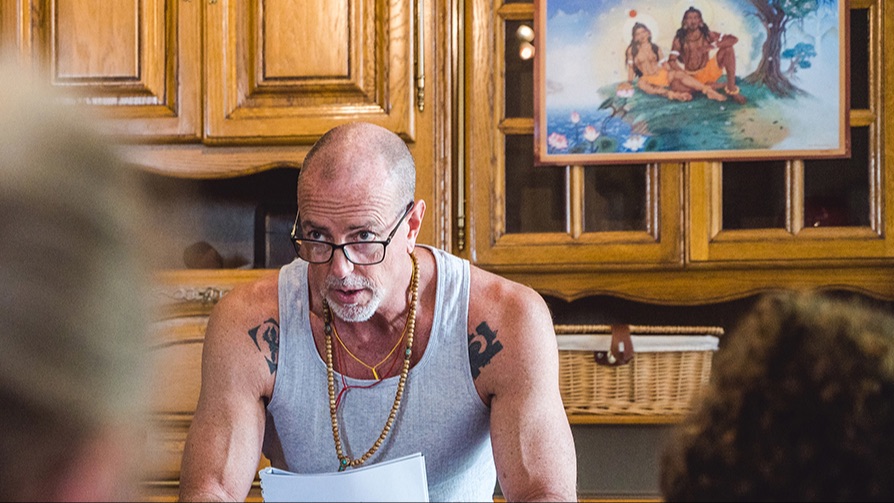Daoist Dream Yoga
Part I
This weekend’s classes are the first installment in a series that will present traditional orthodox Daoist teachings and practices on the subject of dreaming as a way to cultivate the Dao.

WHAT YOU WILL LEARN
The View, Method and Fruit of Dreaming practice will be taught along with an overview of the basic categories of dreams and their significance.
Classes will cover:
- Traditional Daoist cosmology as a framework for better understanding the practice of dream yoga, as well as how to interpret and value the dreaming experience within the context of Daoist cultivation.
- How to begin your journey of Daoist dreaming and a daily method of dreaming practice.
- How to perform Daoist dreaming retreats.

DETAILS
Dates:
Sept 5 & 6, 2026
Time:
Saturday & Sunday, 9am-12pm & 2-5pm (Maine, USA Time)
* Recordings will be available in our community platform if you are unable to attend live.
COURSE FEE
$315 / 2 classes (12 hours total)
About the Teacher

Dharma Bodhi (Kol Martens)
Dharma Bodhi began practicing yoga at seven years of age. In his teens he moved into practices of Chan Buddhism and Daoism received through his Chinese martial arts teachers in New York. After completing his chiropractic degree he studied in an Oral-Practice Tradition of Non-Dual Śaiva Tantra, taking initiation into one of the Daśnami Orders of practice from India. In 1996 he complete ācārya training under his Śaiva gurus. This training emphasized traditional Kundalinī Hatha Yoga and a progressive system of Meditation, along supportive studies in ritual/pūjā and yoga texts. Since graduating as a Śaiva ācārya, he took refuge with a great master of Bönpo Dzogchen meditation, and studied with him by taking multiple trips per year to his monastery in India for a period of 8 years. He studies both Dzogchen meditation & yoga (trul khor), and Dzogchen preliminary and advanced texts. Both his Śaiva and Dzogchen masters gave him the task of teaching these systems stripped of the unnecessary aspects of the cultures and languages they are found in. His Dzogchen master also gave him the task of translating two Tibetan texts. One of which is finished and the other is in process. He now lives with his wife, Sahaja Dakinī, and their two children in rural Maine, USA. He is developing a practice hermitage in the wilderness of Maine and a European teaching center on the border of Italy and Switzerland.

